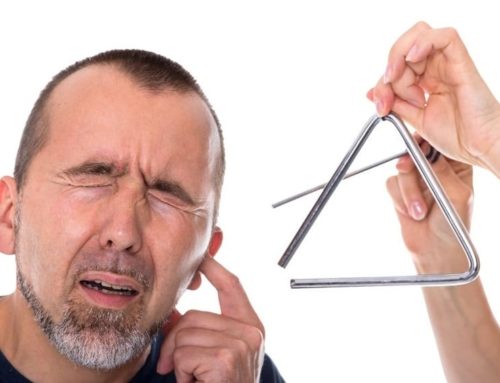Cochlear dead regions
Earlier this year, I went to a talk by Brian Moore at The University of Auckland School of population health about testing for cochlear dead regions using the TENs test. I remember learning about this a number of years ago but it was great to hear it again and by the researcher himself.
In summary, dead regions are where there are no longer inner hair cell or innervation in some frequencies. The cochlear is tonotopic- high frequencies are found in the basal part of the cochlear (the beginning) and low frequencies at the far end (the apex).
Cochlear dead regions can occur in:
– the high frequencies (most common, can be due to noise induced hearing loss)
– low frequencies (more likely to be congenital)
– there can be a “dead hole” in the middle (very uncommon)
– a “surviving island” (very poor hearing)
or “patchy” – possible auditory neuropathy (very poor hearing)
Cochlear dead regions and hearing aids
Providing amplification (with hearing aids) in the frequency range where there is a dead region does not add any benefit. In some cases it can make hearing worse as it causes distortion across other regions where hearing is good. This is why we often reduce amplification or take it away in the frequencies where people have severe or profound hearing loss.
Cochlear dead regions


Something to keep in mind…
Frequency transposition hearing aids take sound from one pitch (dead region) and move it to another (hearing region). Hearing aids from most brands, have this type of solution in one form or another.
The most interesting take away from the evening was, that the research done by Brian Moore and his colleagues has shown that using frequency transposition hearing aids does not increase speech understanding. It is great to keep this research in mind moving forward as these frequency transposition features are often automatically switched on for certain hearing losses.





